Impact Report 2024/25: Encouraging Independent Learning

Rising to the challenge
We have a big problem with engagement in secondary education. ImpactEd research shows over one in four pupils disengage in their first year, impacted most are girls and disadvantaged pupils. The Pearson School Report 2025 found 69% of educators see disengagement as a key barrier to learning. ImpactEd warns most pupils never fully regain lost engagement.
That’s why independent learning is essential. Learning independently about something they care about helps young people grow into effective problem solvers and confident decision makers - crucial skills for thriving in any future career, especially in the digital economy.
It also supports equity and inclusion. The Shadow Curriculum Review (sCAR) 2025 recommends:
“Students’ cultural and lived experiences should be recognised as valuable and important forms of knowledge, and should be proactively brought into the classroom.”
The current tech sector highlights what’s at stake: only 20% of UK tech workers are women, and while 90% want to lead, only 25% believe they can. The Lovelace Report 2025 cites lack of clear opportunities, structured pathways, and a culture lacking opportunity.
We must work within education now to create an inclusive learning culture that embraces diversity, builds confidence and skills, so young people become tomorrow’s AI creators, climate innovators, UX designers, and cybersecurity defenders. Let’s give every young person, regardless of their background, race or gender, the freedom to learn computing in context and feel excited about using tech to shape the world around them.
Our approach
Young people are empowered and engaged by solving problems they care about. We inspire them by teaching how technology can be applied to have a positive impact and support them to design products relevant to them that will change their world for the better.
We believe that education should embrace inclusive learning approaches that empower all students, regardless of their background, to shape a better future. Our courses are designed to create a collaborative, supportive environment where every student has the opportunity to thrive and play an important role in their team.
To engage a diverse range of learners in computing, our courses are student-led. Each pair or team creates an app prototype aimed at solving a social issue they care about - something personal or local to them. This real-world connection - and the fact they can choose what they work on - fuels motivation and ensures students are not just passively learning digital and essential skills, but applying them in meaningful ways that reflect their values and experiences. Students often collaborate with peers they might not usually choose, helping them develop essential skills such as Communication, Teamwork, Leadership, and, importantly, confidence.
Computing skills don't flourish through passive learning. Instead, we encourage a dynamic, hands-on classroom environment - often lively and full of energy - that mirrors real-world workplaces.
The feedback we collected from students and teachers in 2024/25 indicates that independent learning is a strength of our courses. 66% of respondents to our student survey at the end of the course agreed that they learn independently in computing lessons, and teachers told us that the course materials help them to facilitate, as opposed to “teaching from the front”.
You become a facilitator, you're not a teacher, because the content is quite simple and you have all the necessary resources that students can use independently. That means you have more time to actively walk around the class and spend time individually...”
Sathish Sivasubramanian, Head of Computing and ICT at The St Marylebone CE School
I've thoroughly enjoyed delivering this programme because it hasn't been teacher-led. It's been about empowering our young people through this idea of a problem and finding a solution.”
Somaira Younis, Teacher at Shireland Collegiate Academy
So, what impact does this independent learning have on students?

In our interviews and focus groups, we asked how students respond when they work independently on something that matters to them. Two particular results came through repeatedly in our data.
First, independent learning positively impacts student engagement. Zoe Maisey, a teacher at West Bromwich Collegiate Academy, told us that “it certainly makes [students] more engaged and focused on their project, because they are creating an app for a cause that means something to them.” Comments from Kamona Karim, a teacher at Putteridge High School, echoed this: “When students are passionate about a topic, their work and enthusiasm improve substantially”.
The heightened engagement that comes from independent learning isn’t just an impact noticed by teachers; lots of students this year told us they worked harder than they would have done otherwise, as a result of working on something that mattered to them:
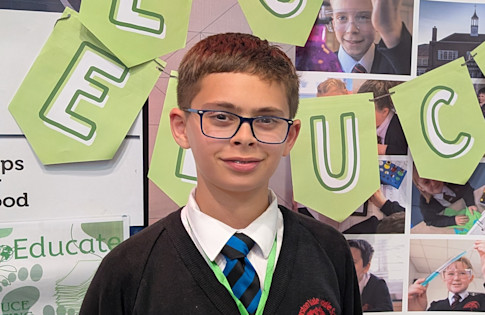
We wanted to do it, and we're inspired by it, so we work on it harder.”
Harrison, Year 8 at Marston Vale Middle School
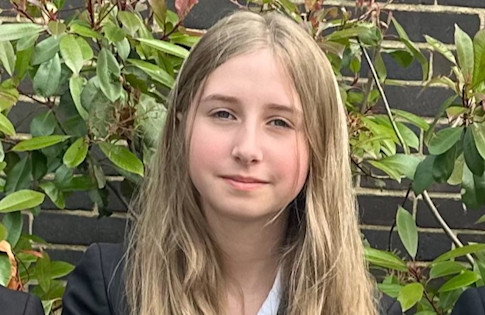
I'm really passionate about solving issues that matter to me...So what I liked about this course was that I finally got an opportunity to actually make something that could benefit society rather than just thinking about things.”
Lola, Year 9 student at Leventhorpe School
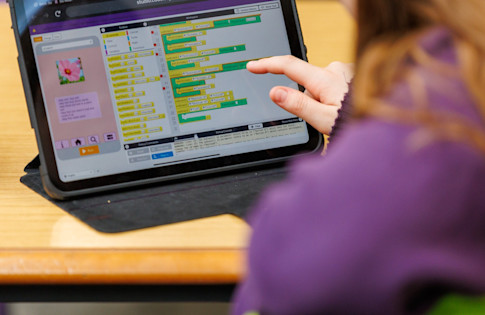
Making something that we know in the future could help with a big problem that is global, really inspired us to keep on going and keep on doing it, through all of the problems that we faced.”
Nye, S1 student at Dunoon Grammar School
Our 2024/25 data also indicates that, for the majority of students, Apps for Good courses achieve their aims of enabling students to apply the skills they’re developing in ways that reflect their values and experiences, empowering them to become changemakers. 63% of surveyed students said they knew more about how technology can benefit society or the planet as a result of the course, and 61% feel more confident in their own ability to use technology to shape their lives and the world around them. This confidence in their own voice, and their ability to affect social and environmental change, is reflected in our qualitative data too:
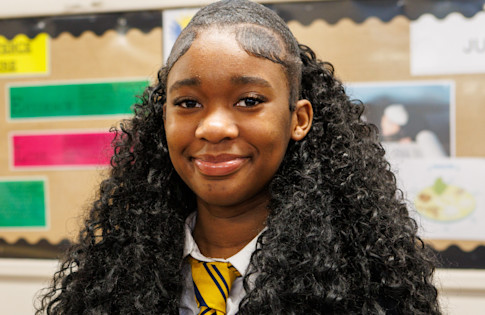
I’ve learned how to be more confident in my ideas during this project. I definitely feel proud of myself, and I’m glad I learned how to say the things that I need to say.”
Caitlin, Year 10 student at Connaught School for Girls
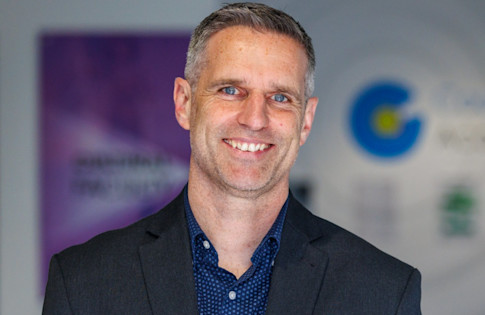
Students who might once have felt disconnected from computing - those who didn’t think of themselves as “techy” - are now fully engaged. They’re discovering how their ideas can make a real difference.”
Steve Hall, Deputy Director of School Improvement at LiFE Multi-Academy Trust